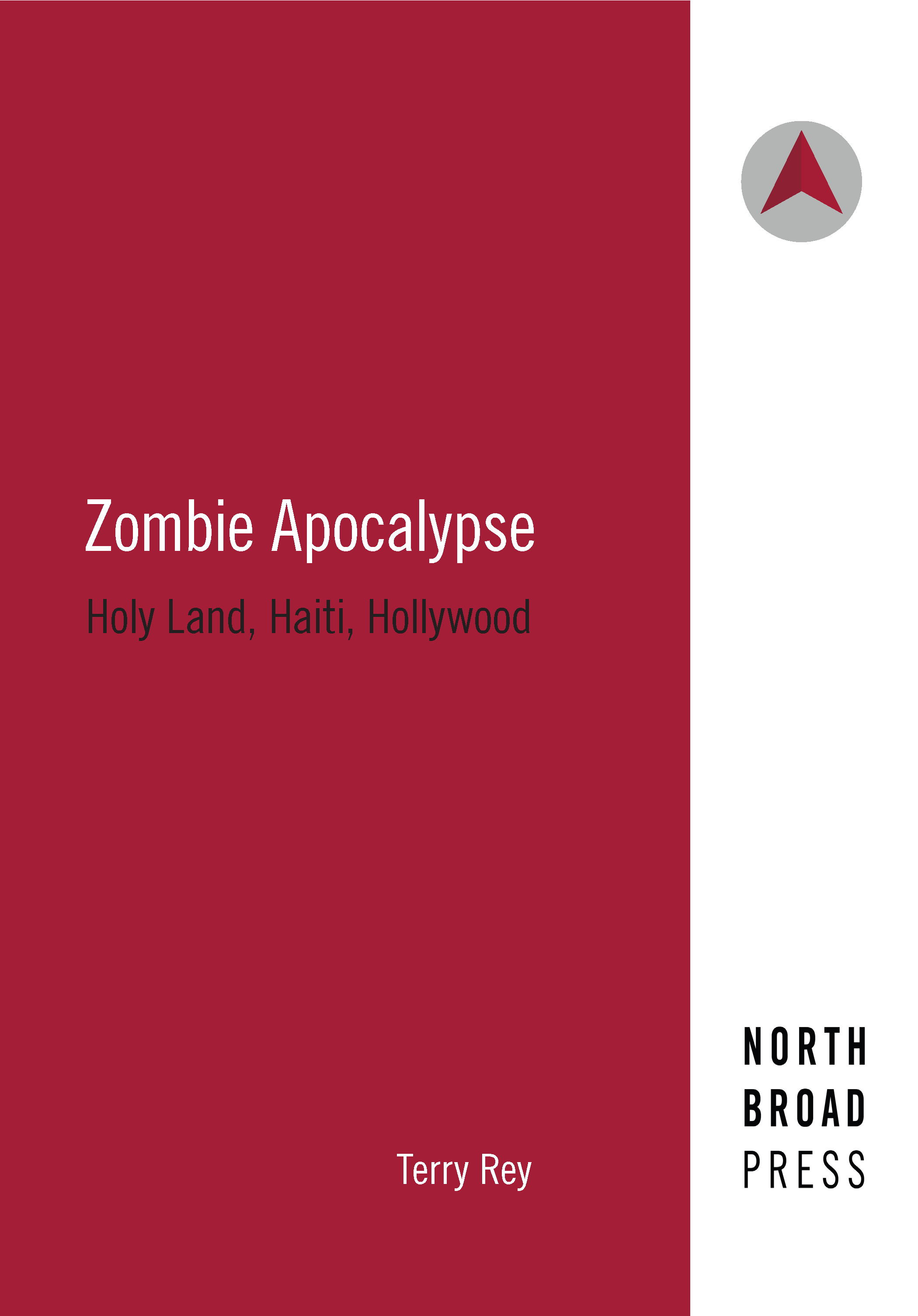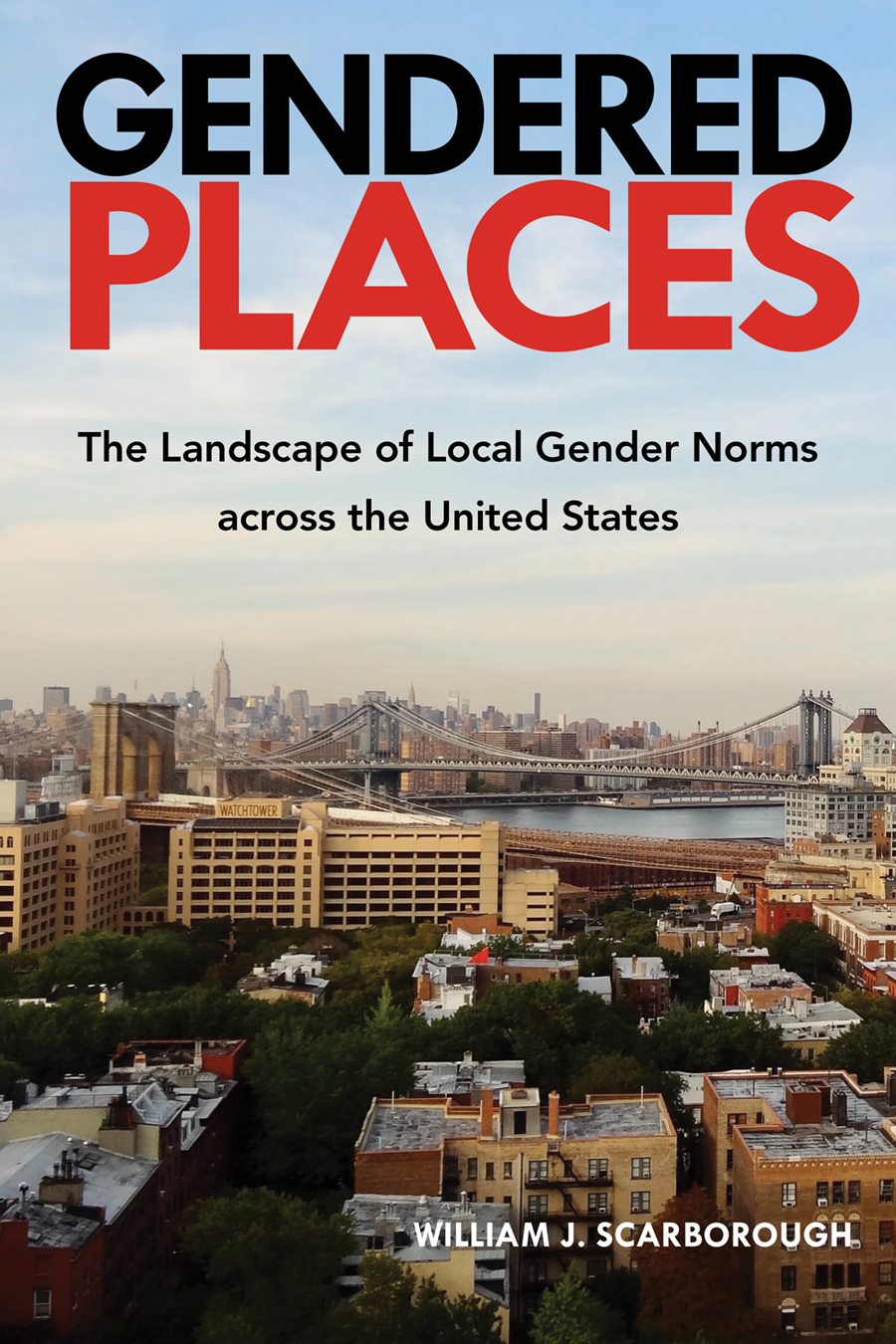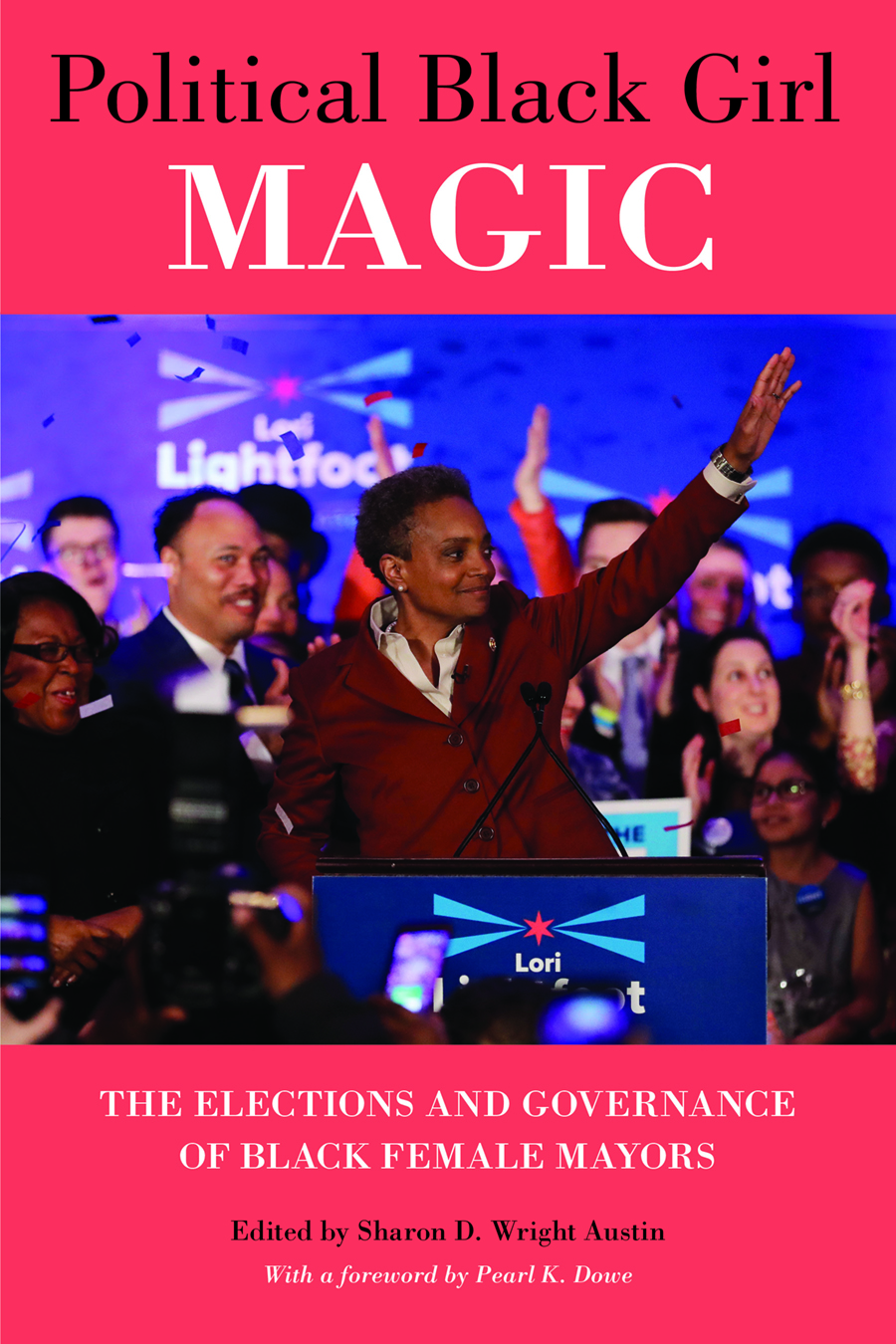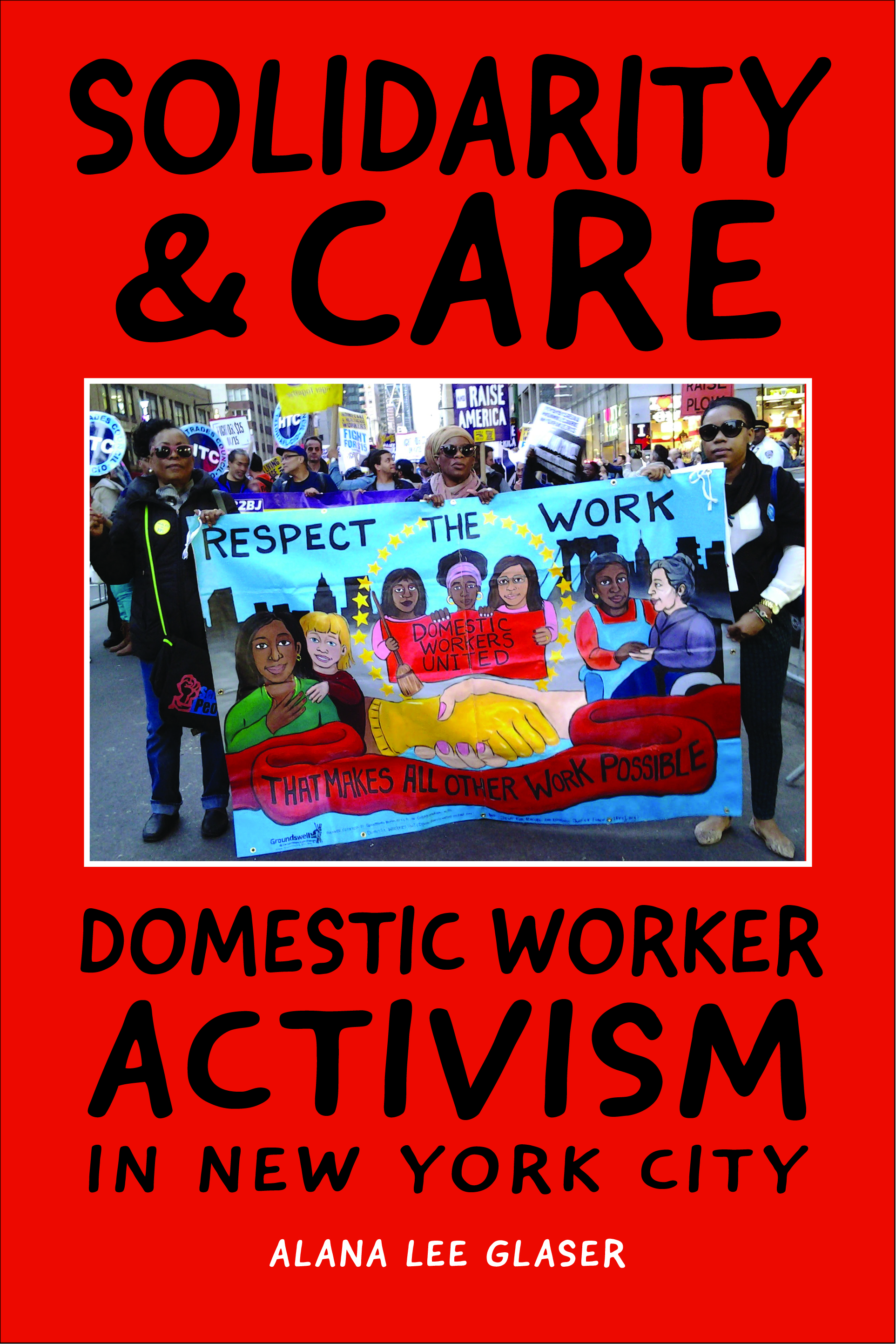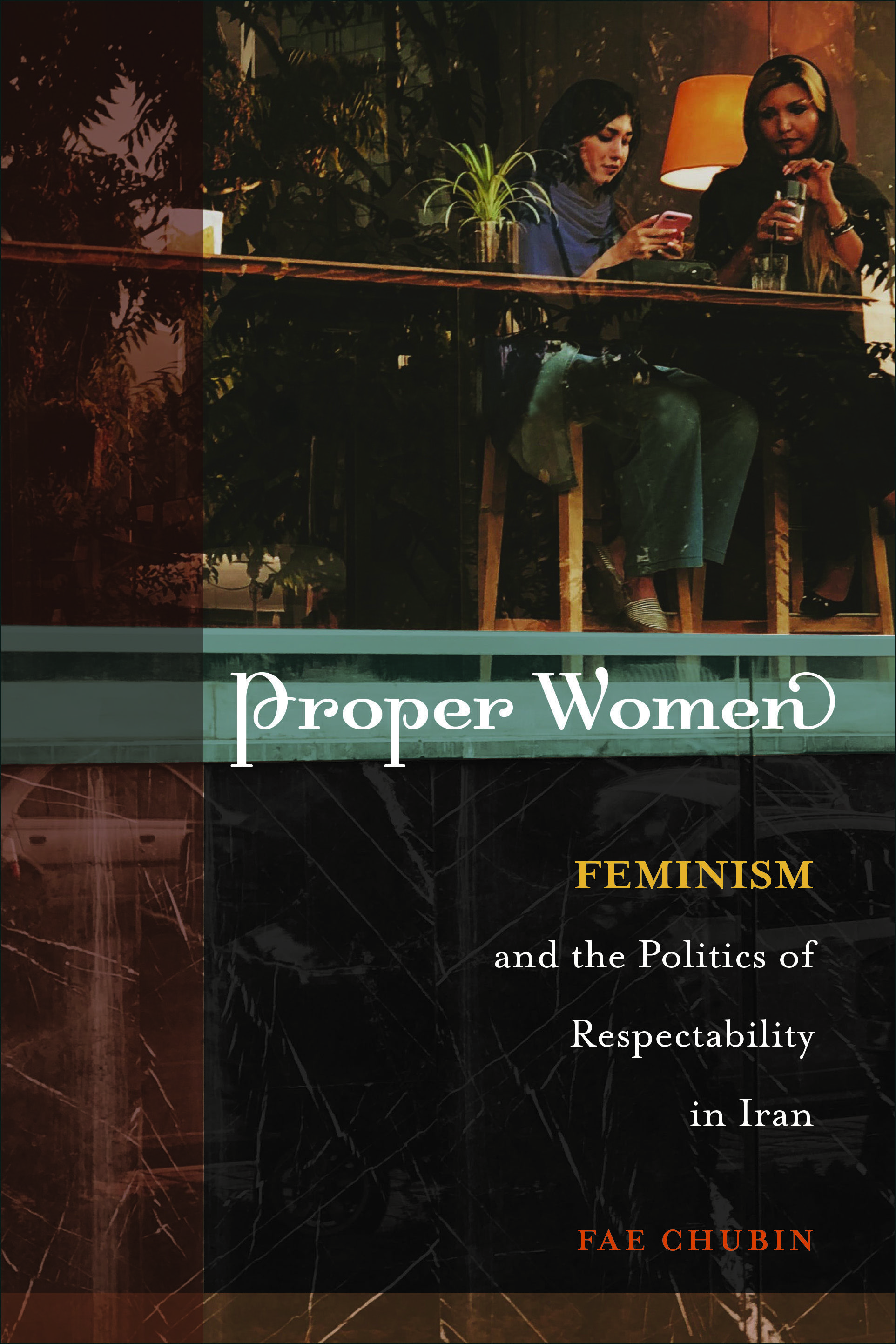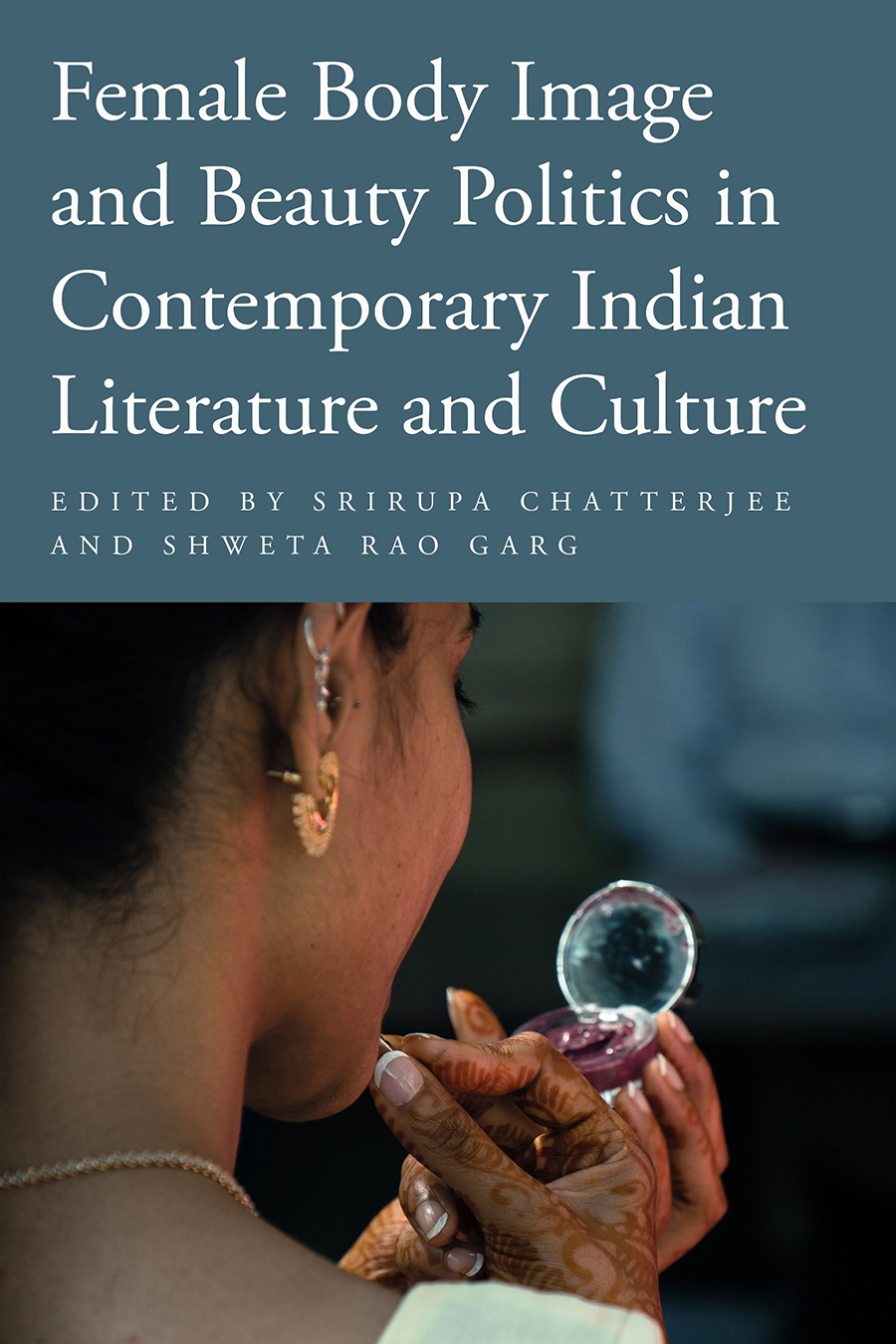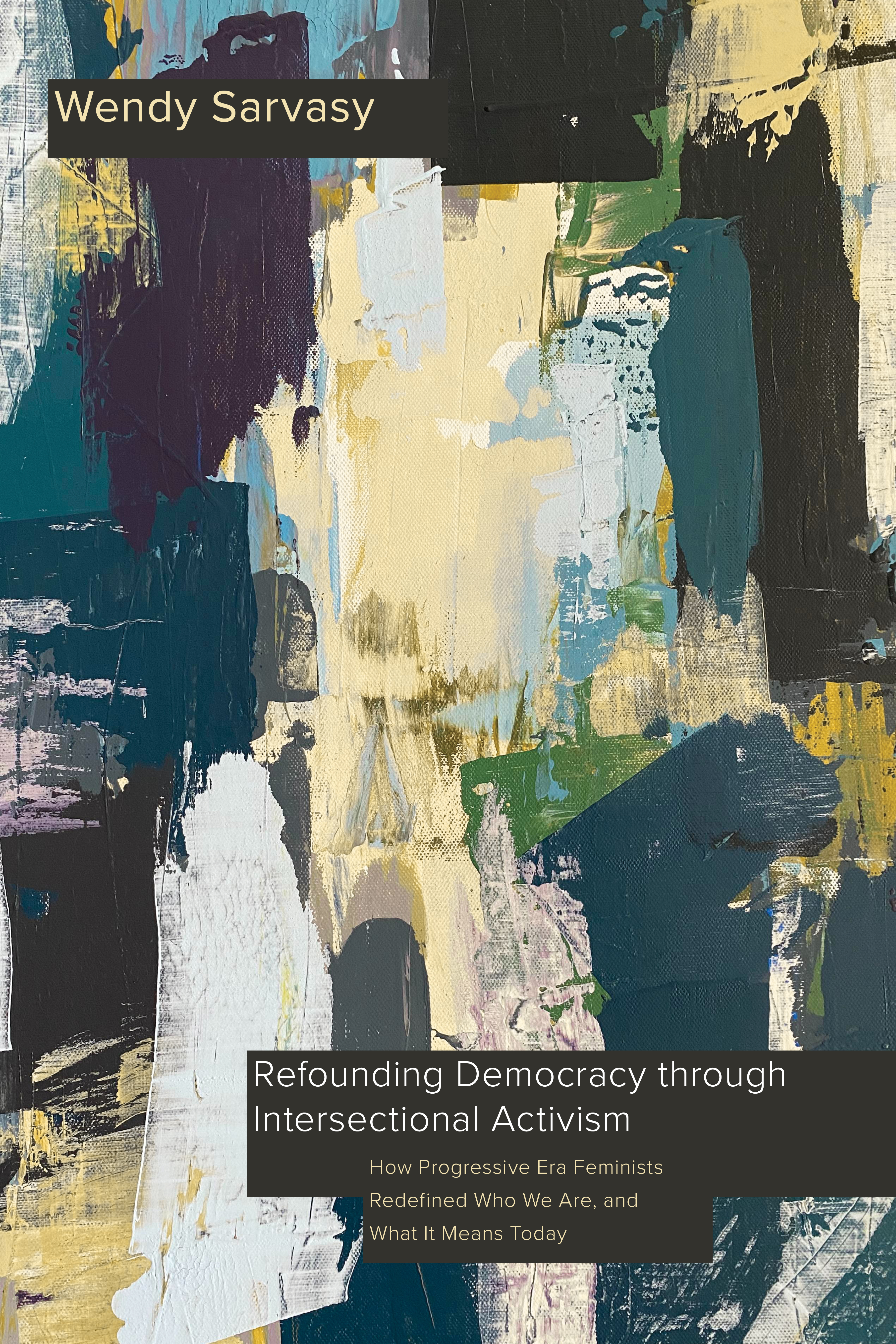This week in North Philly Notes, we repost an interview with Jonathan Graubart, author of Jewish Self-Determination beyond Zionism, which first appeared in the Academe blog on November 6.

BY JENNIFER RUTH
The situation in the Middle East demands the best of all of us. Yet so many capitalize on the moment to harness the conflict to their own domestic “culture wars” agenda. Typical are op-eds like this one, arguing that contextualization, when in support of Palestinian refugees, amounts to little more than illiberal “identity politics.” In another one, Simon Sebag Montefiore, writing for the Atlantic, short-circuits attempts to raise the context of mid-century colonialism by heaping scorn on “the decolonization narrative,” calling it “a toxic, historically nonsensical mix of Marxist theory, Soviet propaganda, and traditional anti-Semitism from the Middle Ages and the 19th century.” We need more forums where we hear from academics who have thought long and hard about the history and can move us past the binaries that have come to dominate the discourse—academics like Jonathan Graubart, professor of political science at San Diego State, who wrote this post and whose book Jewish Self-Determination Beyond Zionism: Lessons from Hannah Arendt and Other Pariahs was published this year.
Jewish Self-Determination Beyond Zionism places readers in dialogue with thinkers like Martin Buber, Noam Chomsky, Edward Said, Ella Shohat, and, of course, as the subtitle indicates, Hannah Arendt. I just finished Graubart’s chapter on Arendt and was reminded of all the reasons why “The Decline of the Nation State and the End of the Rights of Man” in Origins of Totalitarianism remains one of the most important pieces ever written. The “solution of the Jewish question merely produced a new category of refugees,” Arendt wrote, demonstrating how linking self-determination to nation-states has produced a crisis of statelessness in every part of the globe. Graubart’s deeply insightful and necessary book enlists Arendt and other voices to establish “a foundation for a contemporary dissenting Jewish perspective, which challenges the fundamental premise of Zionism and reconceives Jewish self-determination to require a just and interactive co-existence among Jews and Palestinians” (4).
I asked Jonathan if he were willing to answer a few questions for the blog and he graciously agreed.
JR: Why did you feel compelled to write this book?
JG: I’ve been active in the Jewish peace and dissent movement for about thirty-five years and in scholarly research on Israel-Palestine for two decades. The grim direction of Israeli society and its stance toward Palestinians led me to undergo a fundamental probing of what went wrong with Zionism and of how to reimagine Jewish self-determination to be compatible with a just coexistence of Jews and Palestinian Arabs. For inspiration, I looked back to a group of far-sighted dissenting Jewish Zionists from the pre-state era, who I label Humanist Zionists. They looked to the ancient holy Jewish site of Palestine as a base for invigorating Jewish life globally, reviving Hebrew as a spoken language and developing just institutions and practices informed by the best of Jewish and outside values and traditions. In opposition to the mainstream Zionists, they opposed a Jewish nation-state because doing so would subjugate and displace the majority Arab population in Palestine and elevate realpolitik and state interests over Jewish renewal and social justice. More generally, the Humanist Zionists warned the Zionist movement—albeit with no success—against embracing nationalism and imperialism, the two umbrella dynamics that proved devastating to Europe, the world, and to the Jews in particular.
These dissenters were not a large group but included influential Jewish figures, such as Martin Buber, Judah Magnes, Henrietta Szold, and, my personal favorite, Hannah Arendt. They proposed a binational federation that would allow for a just and egalitarian coexistence of Palestine’s Jewish and Arab communities. Although the Humanist Zionist vision lost out, I have found that its insights for advancing both a reckoning of the harms inflicted by the Zionist project and a new vision of Jewish self-determination have become more important than ever.
JR: Has the reception of your book been impacted by the Hamas attack and Israel’s subsequent invasion of Gaza?
JG: These events have sparked greater interest in my book. I’ve had receptive audiences when presenting my book to universities in the US and England and been invited to speak on multiple media outlets, including Al Jazeera Arabic, a progressive Black radio station in Philadelphia, and the Majority Report with Sam Seder. People are much more interested in learning about alternative visions and programs for coexistence. Most gratifying has been the warm reactions I’ve received from Jewish college students. To be sure, my book talk was cancelled at both Oxford University and Cambridge University because of pressure placed on the sponsoring departments to avoid topics that appeared overly critical of Zionism.
JR: Apart from the book, you have a long record of criticizing Israel’s grave abuses of human rights and international humanitarian law, as reflected most recently in your op-ed for Common Dreams, “Why One-Sided US Condemnation of Hamas is Morally Tone-Deaf, Self-Absolving, and Counter-Productive.” You have also raised regular concerns about the efforts of mainstream American Jewish organizations to chill critical discussion on college campuses of Israeli policies. What do your experiences tell us about the current state of academic freedom in the US?
JG: There has been a growing disjuncture over the past several decades on American campuses. On one side is a robust criticism of Israeli policies and US complicity and empathy for Palestinians. This shift extends to Jewish students, who are much more likely than older Jews to consider Israel’s treatment of Palestinians a form of apartheid. On the other side are campus Hillels, affiliated Israel-advocacy groups, and a network of well-endowed Israel-advocacy groups ranging from far-right groups, such as the Canary Mission, and centrist ones, such as the Anti-Defamation League (ADL). Part of their advocacy consists of weaponizing the charge of antisemitism to discredit individuals and organizations they deem hostile to Israel. Guided by the definition from the International Holocaust Remembrance Alliance (IHRA), which employs the expansive language of “double standards” and disproportionality, the Israel-advocacy networks have lobbied colleges and universities to classify anti-Zionism, support for boycotts, divestment and sanctions (BDS), and other strong criticisms of Israel as antisemitic. Crucially, they are backed by high-end donors and leading politicians. In 2019, President Trump signed an Executive Order that empowers the Department of Education to apply the IHRA definition of antisemitism as a guide to find violations of Title VI of the 1964 Civil Rights Act. President Biden has not rescinded this order. Advocacy groups have already mobilized this new legal tool to take on university programs linked to Middle East issues. [JR: See the AAUP’s 2022 Statement “Legislative Threats to Academic Freedom: Redefinitions of Antisemitism and Racism”]
The Israel-advocacy networks primarily target two categories of people and organizations. One is critical Jewish academics, such as myself, who link our analysis to a distinct Jewish perspective. We are seen as dangerous for disrupting the narrative that all Jews identify closely with the position taken by the establishment advocacy groups. At San Diego State, a number of local groups and individuals have warned Jewish students away from certain of my classes, and appealed to university leaders to either have me removed from public panels on Palestine-Israel or properly “balanced” by a supposed “pro-Israel” Jewish voice. Because I am a tenured professor sufficiently invested in these issues to sustain personal attacks and at a campus where academic freedom is mostly protected, I have not been silenced. Not all Jewish academic critics, however, have enjoyed my luck.
The second targeted group are primarily Arab and other Muslim students and groups, such as Students for Justice in Palestine (SJP). Hard-right Israel-advocacy groups, such as the Canary Mission and Stand with Us, openly intimidate students with hostile questions, especially women wearing hijabs, and place students on various “wanted” lists of antisemites and terrorist supporters. At SDSU, I have seen a number of students traumatized by such “doxing” and others who have decided not to express a critical opinion in public. The organization Palestine Legal maintains a more comprehensive compilation across the country of such instances.
The current conflict has intensified the intimidation campaigns. Hillel International, the ADL, and others are encouraging Jewish students to file Title VI complaints. The ADL and the Brandeis Center for Human Rights Under Law are imploring universities to investigate their SJP chapter for giving material support to terrorists. Florida has already moved to ban SJP from its colleges. Importantly, the attacks are not limited to those who arguably expressed support for the initial Hamas invasion but extend to all those who added an “and” to their condemnation of Hamas’ atrocities. Anyone who has provided a broader context and/or also condemned the nature of Israel’s horrific response has been accused of “moral equivalency” and soft on terrorists. In other words, the very act of providing a broader understanding, an essential task of universities, is now deemed as antisemitism or, in the case of Jewish critics, “self-hating.”
Sadly, antisemitism, as well as Islamophobia, has surged in the US, including on college campuses, and demands condemnation and proactive measures. But mobilizing the charge of antisemitism to suppress much-needed scrutiny of Israeli actions is not the way to proceed. As Hannah Arendt argued decades ago, the answer lies in solidarity with all oppressed and probing scrutiny not just of outside persecution but the wrongful actions of one’s own community. The zero-sum, hardline nationalist path chosen by partisan Israel-advocates represents a step backward, an anti-antisemitism of fools. It is, thus, more urgent than ever to reinvigorate robust discussion and scrutiny, which demands vigorous defense of academic freedom and freedom of expression.
Jennifer Ruth is a contributing editor for Academe Blog and the author, with Michael Bérubé, of It’s Not Free Speech: Race, Democracy, and the Future of Academic Freedom and co-editor, with Ellen Schrecker and Valerie Johnson, of The Right to Learn: Resisting the Right-Wing Attack on Academic Freedom, forthcoming from Beacon Press.
Jonathan Graubart is a professor of political science at San Diego State University who specializes in the areas of international relations, international law, Zionism and Jewish dissent, Israel-Palestine, the United Nations, normative theory, and resistance politics and the author of Jewish Self-Determination beyond Zionism: Lessons from Hannah Arendt and other Pariahs.
Filed under: Jewish, philosophy, political science, race and ethnicity, Religion, sociology, transnational politics | Tagged: ADL, anti-Semitism, Book, colonialism, dissent, Edward Said, Ella Shohat, Hamas, Hannah Arendt, human rights, Humanist Zionism, Islamophobia, Israel, Jewish, Martin Buber, middle east, nation-state, Noam Chomsky, Palestine, philosophy, refugees, self-determination, Zionism | Leave a comment »
